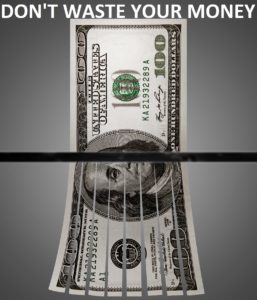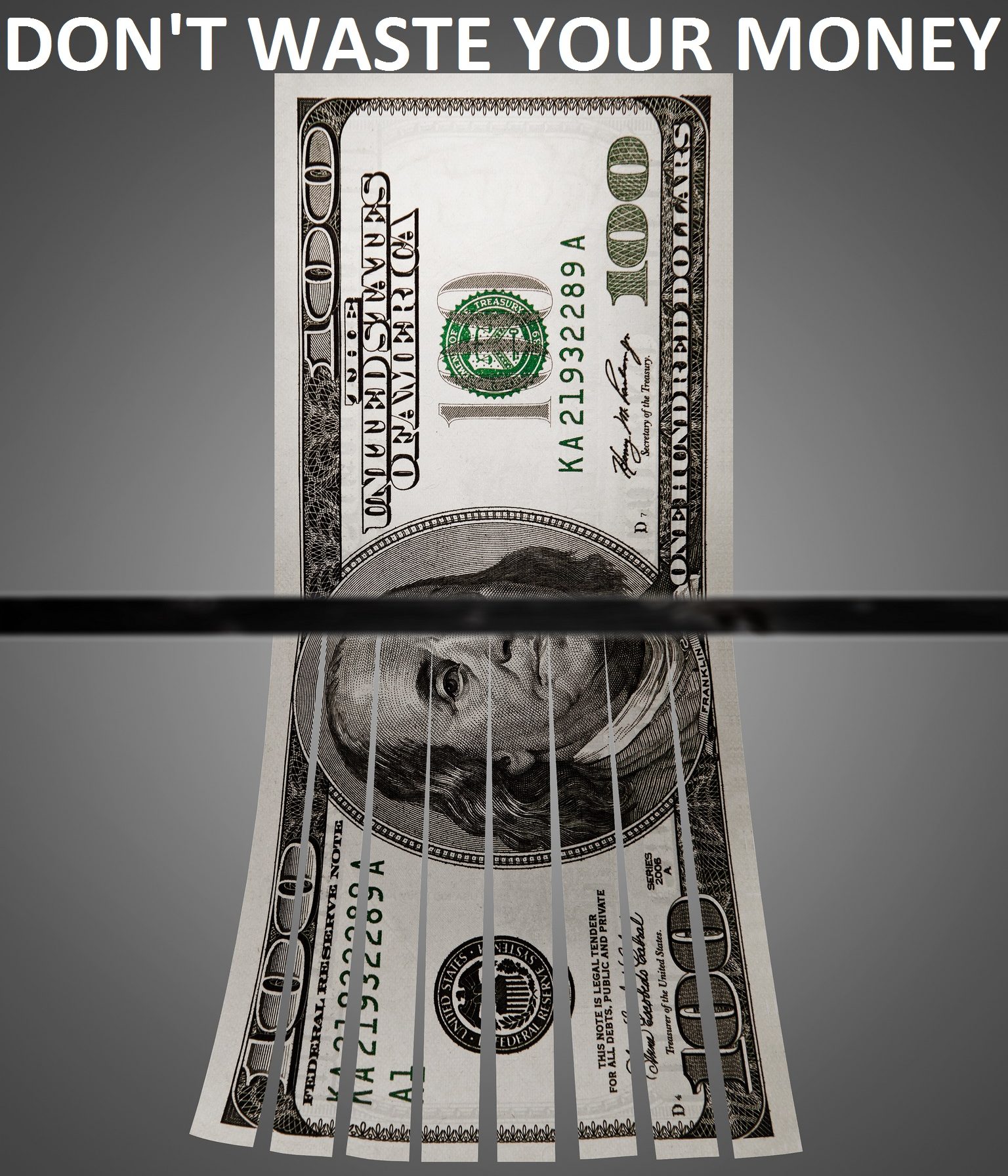Christian Stewardship Sermon
 This is a sermon from Proverbs on Christian stewardship. Jason preached at the Veritas Tri-village congregation on 6/12/2016.
This is a sermon from Proverbs on Christian stewardship. Jason preached at the Veritas Tri-village congregation on 6/12/2016.
- Christian stewardship begins with understanding that God is the owner of everything (Ps 24:1). Christians understand that we are bought with a price and that it is God who gives us the power to gain wealth (Deut 8:18).
- Christian Stewardship is a spiritual discipline which can be exercised to produce godliness in the life of a Christian (1Tim 4:7)
- A good Christian steward, one who honors the Lord with their wealth.
- Worships with their offering
- Sacrifices with their giving
- Is Generous
- A cheerful giver
- Trusts the Lord will provide
- Plans and is intentional
- Stewardship is a Gospel issue
Podcast: Play in new window | Download
Why you and your spouse should have the money talk.
Recently, my wife and I have been slacking off on our money talk. I am the money nerd in our family so I track most of the data and I wanted to get back on track with keeping her in the loop.
1. The money talk keeps you accountable
It is easy to get sloppy with money. I am guilty of using more money than I should to by special treats for my family. Having a consistent money talk with my wife keeps me accountable. I know I will have to talk to her about those little treats. It makes me think twice and helps to keep us directed toward our goals. It isn’t that I am hiding bad things but those little treats are working against our goals.
2. The money talk keeps you on the same page.
It is easy to put the budget on cruise control. But, things can get out of line easily. Having the money talk will make sure you and your spouse are on the same page. It makes sure that the goals you set at one time are still the goals want to be pursuing. It gives you the opportunity to review and change those goals should the need arise.
3. The money talk brings you together.
This one was a big one for us most recently. I felt like I had let my family down by making some minor mistakes with the budget. We have a pretty complicated system and it is hard to manage sometime. Having the money talk was hard for me because it required me to admit I had made the mistakes and seek my wife’s forgiveness. It was tough on my pride, but it brought us together as a couple
Bottom line the more you talk about money the smoother it will go if you both are walking in grace.
Do you have any tips on how to have this conversation?
Image by kabaldesch0
How money minded people are throwing money away
 If you follow many bloggers advice you are throwing money away without even realizing they are doing it. Personal finance writers talk a lot about delayed gratification. That’s the ability to put off things that you want now for better things later. We tell you to save up for the things you want instead of putting it on a credit card because it will cost you less and it is better to not be in debt. Every personal finance writer worth their keyboard can tell you about the Marshmallow Test and how it shows a child’s ability to delay reward and how it links to later success.
If you follow many bloggers advice you are throwing money away without even realizing they are doing it. Personal finance writers talk a lot about delayed gratification. That’s the ability to put off things that you want now for better things later. We tell you to save up for the things you want instead of putting it on a credit card because it will cost you less and it is better to not be in debt. Every personal finance writer worth their keyboard can tell you about the Marshmallow Test and how it shows a child’s ability to delay reward and how it links to later success.
But here’s the thing, if you are delaying rewards just for later earthly rewards like a better retirement account then you are still throwing money away. Here is what Jesus had to say about it:
“Do not lay up for yourselves treasures on earth, where moth and rust destroy and where thieves break in and steal, but lay up for yourselves treasures in heaven, where neither moth nor rust destroys and where thieves do not break in and steal. For where your treasure is, there your heart will be also. (Matthew 6:19-21 ESV)
Often times when we are thinking about money we only get as far as this world. Saving for college, saving for an early retirement, saving for the new car or to get out of debt are all very good goals, but they are not the ultimate goals if you are a Christian. And far too often the people who are thinking about their money and being good stewards are still far to short sighted. If your 401(k) and your bank accounts and you houses look just like those of the people who are making the same amount of money as you then you are surely throwing money away where moth and rust may corrupt. Or worse yet you are heading down a path that Paul warns us is incredibly dangerous.
But those who desire to be rich fall into temptation, into a snare, into many senseless and harmful desires that plunge people into ruin and destruction. For the love of money is a root of all kinds of evils. It is through this craving that some have wandered away from the faith and pierced themselves with many pangs. (1 Timothy 6:9-10 ESV)
Loving after money and desiring it can lead you to wander from the faith. We need to be aware of our own sinfulness and if we are one of these people who for whom money may cause our ruin, we should give it away all the more.
Ask yourself today, am I being selfish with my money? Am I giving sacrificially as the Bible calls me to do? Am I trusting God to provide or am I trusting in my savings account? If you aren’t sure of the answers, ask your spouse or a brother or sister who will be honest with you.
Original Image by Tax Credits
Church Budgets
This headline grabbed my attention…According to this article from Christianity Today, quoting a report from the Giving USA Foundation, American churches collected 114.9 BILLION dollars in 2014. (Numbers not available for 2015). We look at how church budgets break down on average. As we have discussed here before most of that money goes to keep the lights on and supply for the internal structure of the churches, as opposed to benevolence giving. (giving to those in need). If the popularity of Bernie Sanders has taught us anything it is that young people are more interested in our collective monies being used to help individuals and not to perpetuate the status quo, although they don’t care that said money is taken by force.
Let’s use the number collected by the Evangelical Credit union on church budgets to determine approximately how much of that money is being spent on what:

These numbers are an average simplification therefore the number to not equal 100%.
From Evangelical Credit union
Breaking these numbers down a bit we see some interesting things.
Personnel
This includes salaries, both full and part time, pension plan contribution, other benefits and taxes paid on behalf of employees.
Administration
Office supplies, postage, travel and membership dues.
Facilities
Utilities, maintenance and upkeep, debt (Mortgage) any other debt or fees associated with the building.
Program expenses
Children and youth programs, Adult programs, evangelism and outreach efforts, (benevolence has been pulled out to its own category)
Other Expenses
Building fund and cash reserves
Benevolence
Both local and international.
The numbers seem a bit off to me, even if you allow for program expenses to be outreach a full 82% of church budgets are paying salaries, building and to keep the lights on. Spending that is is some way inward facing. That is 94 BILLION dollars being spent by churches in the US to pay their pastors, buy their buildings and run their organizations. Charitywatch.org would give us a failing rating.
Of course, Charitywatch isn’t a fair comparison because pastors and staff are not strictly overhead, they are actually doing the work of the ministry in many cases. If we assume that half of the Pastors’ salaries are not overhead, but ends of our giving then our numbers are a little better at 53%. I am not sure of the best solution here, but I have been bothered by that 82% number ever since I read it. It feels like that money is more like paying country club dues that it is advancing the work of the Kingdom of God.
This is one of the primary reasons I have been attracted to the house church or cell church models over the years, it feels like a more efficient use of our collective resources. That being said I am part of a traditional model that thinks about this regularly and doesn’t actually fit these numbers for various reasons.
What do you think about these numbers?
Free Home Phone with Google Hangouts
 With our kids getting older we felt we needed a home phone. Being who I am I wanted a free home phone. We don’t want a landline , but we don’t want to buy cell phones for our kids either.
With our kids getting older we felt we needed a home phone. Being who I am I wanted a free home phone. We don’t want a landline , but we don’t want to buy cell phones for our kids either.
We thought about adding another line to our Ting.com plan. That would only cost us $6 a month plus usage. Then I realized I could get a free home phone.
Can I use reward cards?
One of the questions I get almost every time I speak on stewardship is around the use of reward cards. You know, the ones where they give you rewards points or cash back for spending money through them. As a general rule I am against consumer debt, credit cards, car loans and the like, but there is always someone who asks me about using cards for the cash back or for the rewards. They feel they can game the system somehow and make the banks pay.
My answer is as straight…absolutely depends. There are some folks who are diligent enough to pay off the card every month without fail. Those folks will make money from reward cards in the long run, but it doesn’t take much to ruin that streak and cost you all your winnings. Just like Vegas the house always wins.
A study of how rewards cards affect behavior in 2010 found that even a reward as small as 1% can change consumer behavior:
…consumers generally spend more and increase their debt when offered one percent cash-back rewards. The impact of a relatively small reward generates large spending and debt accumulation. On average, each cardholder receives $25 in cash-back rewards during our sample period. We find that average spending increases by $68 per month and average debt increases by over $115 per month in the first quarter after the cash-back reward program starts.
We all assume we are the exception to the rule, but that is not often the case. Banks spend millions of dollars to analyze the results of the incentives they give. That is why make the profits that they do.
I am not that person. I can do things if they are automatic. We use a reward card to funnel a few bills through that I automatically pay, but if I use it for anything else I end up paying interest even though I have the money to pay it off. I just like having the money in the bank more than not paying interest even though I know it is the wrong thing to do.
However, if you pay off your bill every month without fail you can make a little extra money with a reward card. It may just be best to ignore the fact that it is a reward cad and not try to game the system or you may find that you are the one being played.
4 Sinking Funds You Need
A sinking fun d is simply saving up in advance for expenses that are inevitable. Often times we ignore upcoming expenses lead ourselves into a emergency. So, here are some sinking funds you need to think about.
d is simply saving up in advance for expenses that are inevitable. Often times we ignore upcoming expenses lead ourselves into a emergency. So, here are some sinking funds you need to think about.
1. Gifts – if you know anyone who is getting married anytime soon. If you celebrate Christmas or many other holidays you will need to buy gifts at some point. We like to keep a “Christmas” account funded with direct deposits throughout the year. We pull from it whenever we need to purchase a gift for any reason, but we use it mostly at the end of the year for Holiday spending and travel. It helps save our budget at the end of the year.
2. New Car – Your car is dying. Let’s face it. You are eventually going to need a new car. We have published another article on this topic specifically. You should always have a car payment. If you save up money as you are driving your current car into the ground you may have enough to pay cash or at least have a good down payment for your next car when you current one dies.
3. Phones – Our most cherished possessions and the bane of our existence when things go wrong. If you are like me every two years you want a new phone. I listen to a lot of tech podcasts and they are always talking about new phones. I also use ting.com so I have to pay off contract price for my phones, but pay much less for my service. If you like tech toys start putting money away not because your phone is dying faster than your car.
4. House Repairs – If you like it or not, you are going to need money to keep your home up and running. You should have an emergency fund for small things, but what about a new roof, or remodeling your house or larger items. You may need to repave the driveway or have a pipe burst in the laundry room. You could use your emergency fund for this, but that isn’t exactly what it is for. If you know it is coming it isn’t an emergency, it may just be something you didn’t plan for.
What are other sinking funds you plan for?
Image by Reinhard Jahn (Own work) [GFDL (http://www.gnu.org/copyleft/fdl.html) or CC BY-SA 3.0 (http://creativecommons.org/licenses/by-sa/3.0)], via Wikimedia Commons
Dave Ramsey – My first impression
I have been writing on personal finance and helping people with their money for years, but I have avoided Dave Ramsey like a OSU fan avoids maize and gold. I didn’t want to be overtly influenced by what some people consider the definitive author of personal finance. I realize, of course, that since most of what is taught in the PF world is common sense it all seems derivative, but I still prefer to feel like I am not copying someone else’s work.
been writing on personal finance and helping people with their money for years, but I have avoided Dave Ramsey like a OSU fan avoids maize and gold. I didn’t want to be overtly influenced by what some people consider the definitive author of personal finance. I realize, of course, that since most of what is taught in the PF world is common sense it all seems derivative, but I still prefer to feel like I am not copying someone else’s work.
Dave Ramsey is an Evangelical Christian who makes his name by teaching people “God’s way to handle their money”. I have been asked to assist with facilitating Dave Ramsey’s Financial Peace University, his magnum opus, and so I held my breath and plunged in. It wasn’t as bad as I thought it might be on many levels. Dave is a very polished presenter with a delivery that reminds me of comedian Bill Engvall (they also have the same eyes) his use of humor was engaging and kept me from becoming completely bored, I can’t stand to be on the receiving end of a monologue.
Having said all of that, I am troubled that some of the things he says abuse the bible to prove his way is God’s way. He uses the bible to proof text his points, but has yet to address any passages that would contrast his “God wants you to have the American dream message.” For example, Jesus call in Luke 14:33 “So therefore, any one of you who does not renounce all that he has cannot be my disciple.” Or the fact that the Bible has very little good to say about money unless it is being given away. As a recovering member of the prosperity gospel movement this makes me very nervous.
We are only three weeks into the class so I hope I my mind will be changed as I move forward but I wanted to get my first impression out there before it is too late.
Have you ever taken the course? Tell me if it gets better in the comments below.
Photo courtesy of Jessica Adkins








